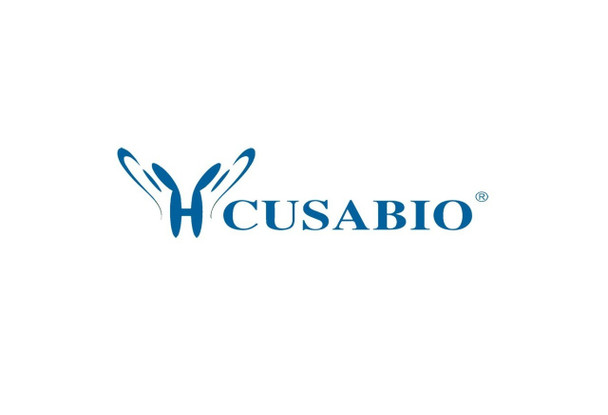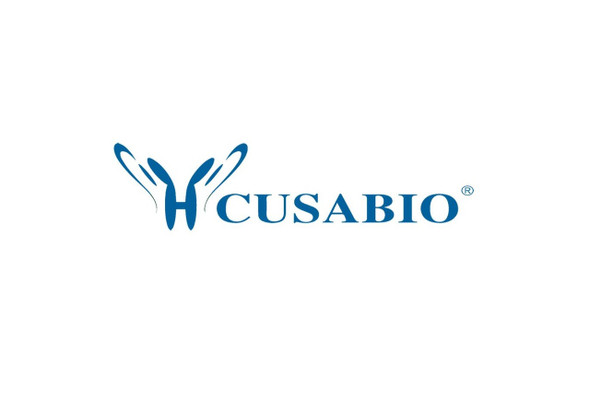Cusabio Polyclonal Antibodies
GSTA2 Antibody | CSB-PA174920
- SKU:
- CSB-PA174920
- Availability:
- 3 to 7 Working Days
Description
GSTA2 Antibody | CSB-PA174920 | Cusabio
GSTA2 Antibody is Available at Gentaur Genprice with the fastest delivery.
Online Order Payment is possible or send quotation to info@gentaur.com.
Product Type: Polyclonal Antibody
Target Names: GSTA2
Aliases: glutathione S-transferase alpha 2
Background: Cytosolic and membrane-bound forms of glutathione S-transferase are encoded by two distinct supergene families. These enzymes function in the detoxification of electrophilic compounds, including carcinogens, therapeutic drugs, environmental toxins and products of oxidative stress, by conjugation with glutathione. The genes encoding these enzymes are known to be highly polymorphic. These genetic variations can change an individual's susceptibility to carcinogens and toxins as well as affect the toxicity and efficacy of some drugs.
Isotype: IgG
Conjugate: Non-conjugated
Clonality: Polyclonal
Uniport ID: P09210
Host Species: Rabbit
Species Reactivity: Human
Immunogen: Fusion protein of human GSTA2
Immunogen Species: Human
Applications: ELISA, IHC
Tested Applications: ELISA, IHC;ELISA:1:1000-1:5000, IHC:1:50-1:200
Purification Method: Antigen affinity purification
Dilution Ratio1: ELISA:1:1000-1:5000
Dilution Ratio2: IHC:1:50-1:200
Dilution Ratio3:
Dilution Ratio4:
Dilution Ratio5:
Dilution Ratio6:
Buffer: -20°C, pH7.4 PBS, 0.05% NaN3, 40% Glycerol
Form: Liquid
Storage: Upon receipt, store at -20°C or -80°C. Avoid repeated freeze.
Initial Research Areas: Signal Transduction
Research Areas: Metabolism;Signal transduction











